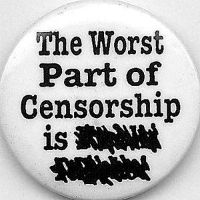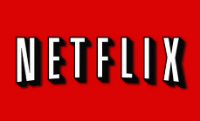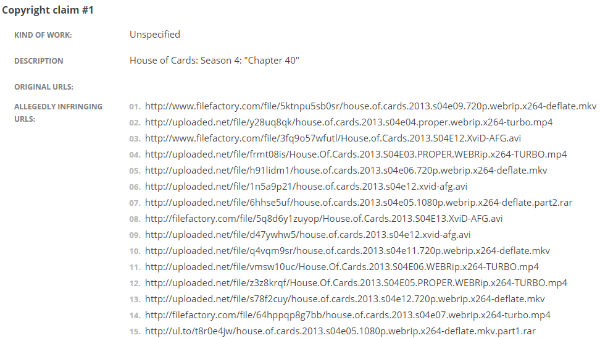SXSW 2016 on BitTorrent: 10.33 GB of Free Music
dimanche 20 mars 2016 à 00:47 Since 2005 the SXSW music festival has published thousands of free tracks from participating artists.
Since 2005 the SXSW music festival has published thousands of free tracks from participating artists.
For some of the first releases the festival organizers created the torrents for the artist showcases themselves, but since 2008 this task has been taken over by the public.
Luckily all of the SXSW showcase MP3s are still freely available on the festival’s site for sampling purposes, so it only takes one person to get a torrent up and running.
For the past several years Ben Stolt has taken the time and effort to put all the MP3s on BitTorrent, and the latest 2016 release consists of two torrents containing 1,593 tracks.
That’s a record-breaking 10.39 gigabytes of free music in total, almost four times the file size of the first torrent in 2005.
All the tracks released for the previous editions are also still available for those people who want to fill up their harddrives without having to invest thousands of dollars. The 2005 – 2016 archives now total more than 69 gigabytes.
Every year SXSW torrents are a great success, with many thousands of music aficionados downloading gigabytes of free music across virtually every genre from both established acts and upcoming bands.
TorrentFreak spoke to Ben Stolt who spends several hours preparing the releases each year, in part for his personal pleasure.
“My motivation is in part selfish, because, like many others, my friends and I all use the contents of the torrent to prepare for our week at SXSW Music. But without fail the emails start coming in January and February asking if there will be a torrent,” Stolt says.
“Many people come back every year, so I can’t leave them hanging,” he adds.
The job comes witch challenges though. SXSW doesn’t always make it easy to publish the tracks. For example, a few years ago Stolt had to start re-writing the ID3 tags based on the artist pages, as SXSW stopped doing so.
“Without that, the tracks would be a giant mess and mostly unidentifiable since the file names on the SXSW site are purely numeric. Also in 2014 they abruptly switched to using SoundCloud for the samples, but that was thankfully short-lived and things were back to normal the next year,” Stolt notes.
The efforts pay off though. Many people love the SXSW torrents which attract tens of thousands of downloaders each year. For some, it almost makes up for not being able to attend the festival in person.
“Appreciate the amount of work involved to make it happen. Can’t get to SXSW, so having these torrents available are the next best thing,” one downloader responds.
This year’s SXSW music festival is currently underway in Austin, Texas and ends on Sunday. The torrents, however, are expected to live on for as long as there are people sharing.
Source: TF, for the latest info on copyright, file-sharing, torrent sites and ANONYMOUS VPN services.
 In 2010 a fresh movie piracy brand began to conquer the Internet. Bypassing the so-called ‘Scene’, YIFY joined a new breed of release groups who publish their work directly to torrent sites.
In 2010 a fresh movie piracy brand began to conquer the Internet. Bypassing the so-called ‘Scene’, YIFY joined a new breed of release groups who publish their work directly to torrent sites.
 Netflix has upped its anti-piracy efforts recently, by taking a more
Netflix has upped its anti-piracy efforts recently, by taking a more 
